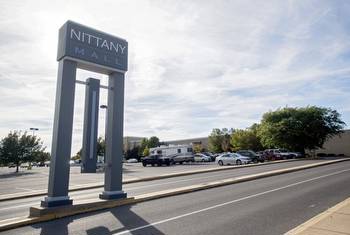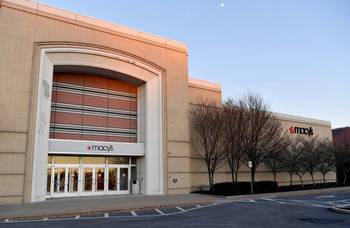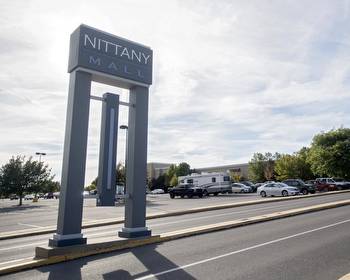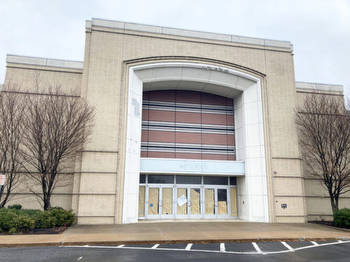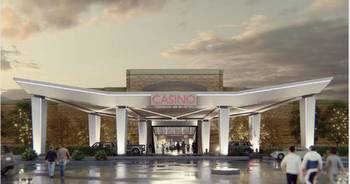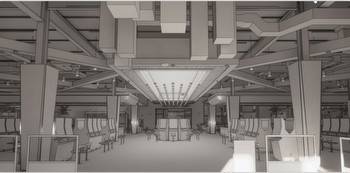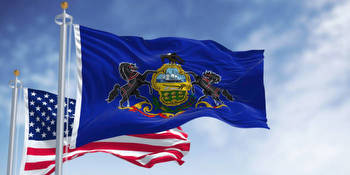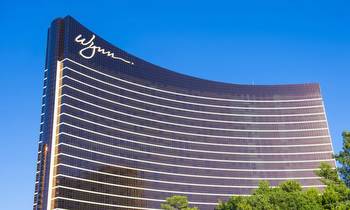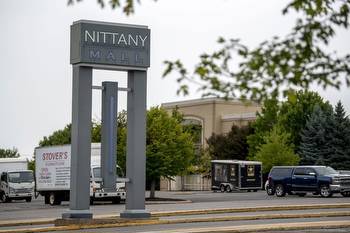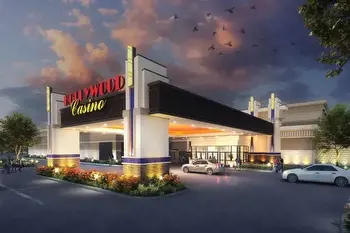A State College mini-casino project runs into stiff opposition from a Philadelphia rival
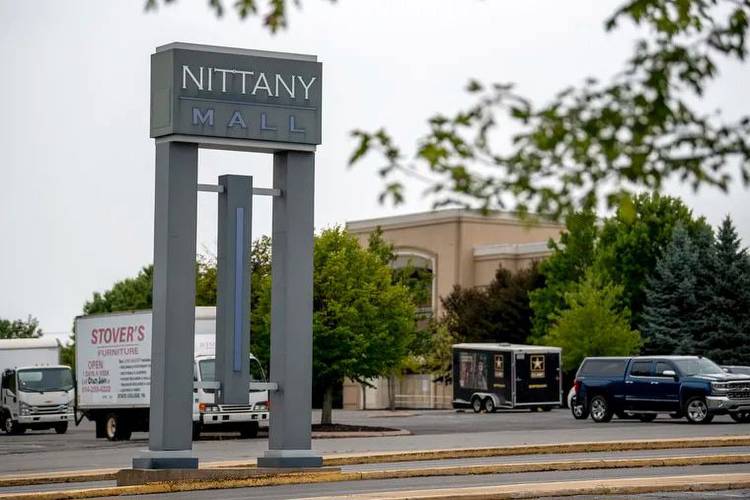
Two major rivals in Pennsylvania’s gaming industry clashed Wednesday in a high-stakes battle over Philadelphia investor Ira M. Lubert’s bid to open a mini-casino just a few miles from the Pennsylvania State University campus.
The Pennsylvania Gaming Board, meeting in Harrisburg on Wednesday, heard Cordish Gaming’s challenge of Lubert’s application to locate a satellite casino in the Nittany Mall, just outside State College. Cordish, which last year opened the Live! Casino and Hotel Philadelphia in South Philly, was the runner-up in the 2020 auction, which Lubert won with a $10,000,101 bid.
Cordish’s subsidiary, Stadium Casino RE, on Wednesday sought to intervene in the license application, saying that Lubert’s application violates state law because other undisclosed investors were behind the bid. Lubert’s attorney denies it.
Lubert’s bid has also aroused strong community opposition in State College. The board will make a decision on the license at a later date.
Mini-casinos, formally known as Category 4 casinos, are scaled-down gambling facilities allowed under Pennsylvania’s 2017 gaming expansion law. “Mini-casino” is a bit of a misnomer, since a satellite casino can have up to 750 slot machines, and several are located in former large retail stores. Lubert wants to put his operation in a former Macy’s store.
Originally only the 13 Pennsylvania licensed casino operators were allowed to open satellite operations, which had to be at least 25 miles from existing casinos. In 2020, the Legislature allowed persons with ownership interests in casinos to bid on one unclaimed Category 4 license, opening the door for Lubert, who had a 3% stake in a Pittsburgh casino, to submit his bid for a Centre County location. Lubert, a prominent donor and former board chair at Penn State, chose to locate his operation in College Township, just outside State College.
But Cordish’s attorney, Mark A. Aronchick, contends that the gaming board should not even consider the license application because Lubert allegedly transferred ownership stakes in the casino to undisclosed, unlicensed investors in violation of the state’s Gaming Act. Cordish’s subsidiary, Stadium Casino RE, has also filed a challenge with the Commonwealth Court, which has not issued a decision.
Stadium Casino says that two wealthy real estate developers with strong Penn State ties, Richard S. Sokolov and Robert E. Poole, told the company’s chairman, David S. Cordish, that they put up some of the money for Lubert’s $10 million bid. Bally’s Corp., a national gaming company that is not licensed in Pennsylvania, announced in early 2021 that it had acquired a “majority equity interest” in the project.
The gaming board on Wednesday voted unanimously to allow Cordish to intervene, but it rejected its request for permission to “discover” information from Lubert about his financial backers or the nature of his partnership agreements. Lubert’s company denied Lubert sold ownership or control to others.
As an intervenor, Cordish will be allowed 15 minutes to make a statement at the licensing hearing but cannot demand that Lubert produce records.
Cordish, which opened a mini-casino it calls Live! Casino Pittsburgh in Greensburg two years ago, has never disclosed how much it bid for the 2020 mini-casino license won by Lubert, nor where it would locate the facility if it had won. The minimum bid for the license was $7.5 million.
On Wednesday, Lubert’s attorney, Stephen J. Kastenberg, dismissed Cordish’s Stadium Casino as a disgruntled losing bidder.
“They are simply a sour grapes competitor, raising the kinds of issues that the board has seen time and again,” Kastenberg said.
The legal fight over the mini-casino license resembles another highly contested Pennsylvania casino license procedures that dragged on for years: the prolonged battle that Stadium Casino fought to get the rights to built the Live! Casino and Hotel Philadelphia.
Stadium Casino in 2014 was awarded the license to build the South Philadelphia casino after the initial licensee, Foxwoods Casino Philadelphia, failed to get financing. Foxwood was one of two casino operators awarded Philadelphia gaming licenses in 2006, along with SugarHouse Casino, which opened in 2010 on Delaware Avenue. SugarHouse is now known as Rivers Casino Philadelphia.
Stadium Casino’s license was challenged by SugarHouse, which argued that a second Philadelphia casino would cannibalize its business, and by Market East Associates, a losing bidder in 2014 auction. The challengers also alleged that Stadium Casino’s ownership structure, which included a partnership with Parx Casino owner Greenwood Racing, also violated the Gaming Act.
The challenges were eventually argued before the Pennsylvania Supreme Court, which resulted in a rehearing before the gaming board. The license to Cordish was reaffirmed, and the company settled its legal challenges. It later bought out the Parx share of the project and began construction in South Philadelphia in 2020.
Aronchick on Wednesday reminded the gaming board of the protracted Philadelphia legal fight in arguing that Cordish should be granted full status to intervene in the Lubert’s license, lest Cordish is later granted a rehearing. “Don’t make the same mistake on ownership issues,” he said.
“We’re not asking for delay,” he said. “We don’t want to see this thing take two years.” One way or another, he said, the matter will be decided by the Pennsylvania Supreme Court.








